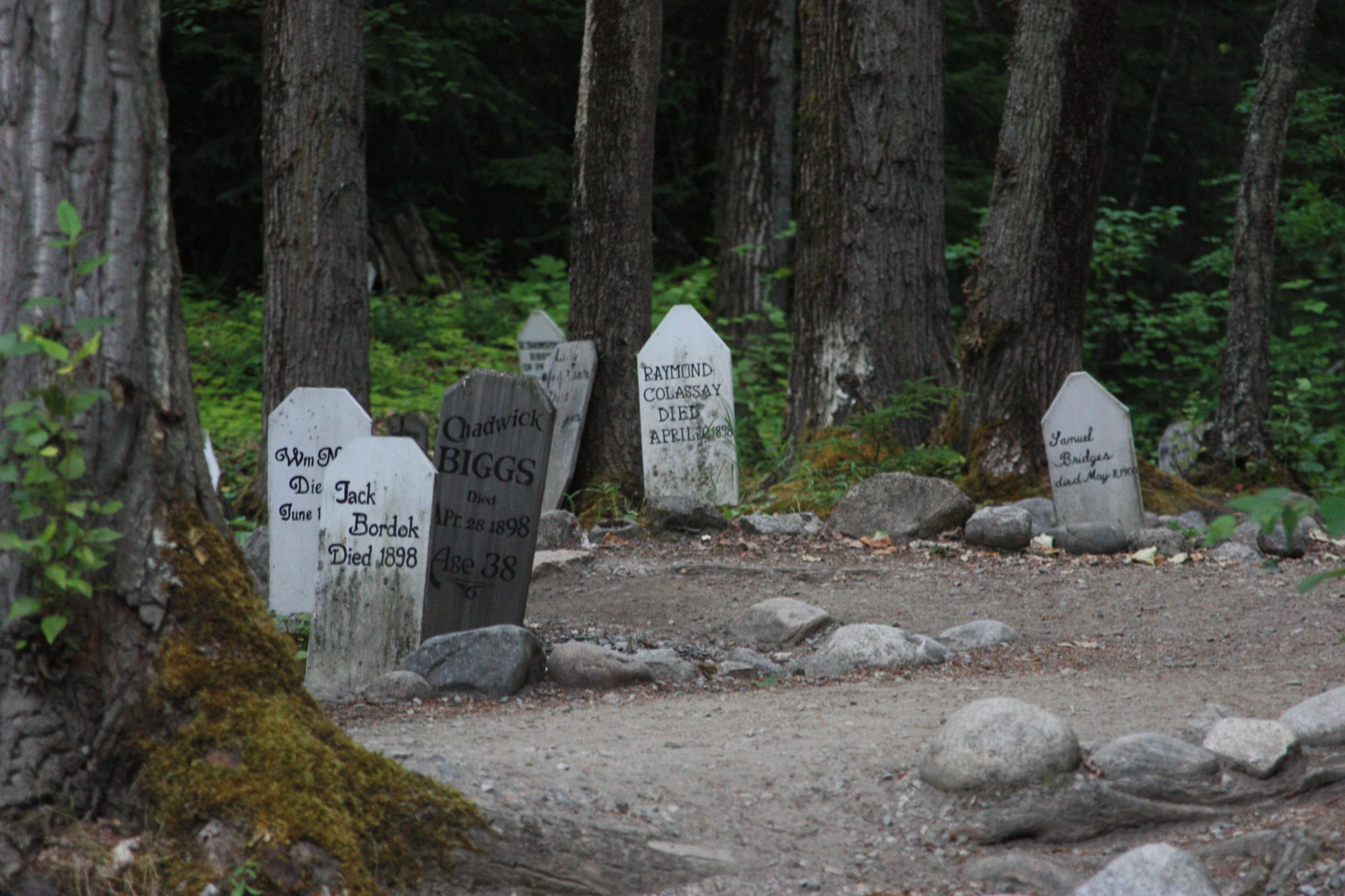
Gordon Newell wrote this very interesting narrative of the sinking of the Cruise Ship Princess Kathleen in 1952:
“Death of a Princess
The loss of the S.S. Princess Kathleen on September 7, 1952 was the most recent and best-remembered disaster to a large cruise ship in Pacific Northwest waters. It occurred in the waters of a notorious ships’ graveyard north of Juneau, not far from where the Island went down in 1901 , the Union Steamship Company’s Cutch in 1900 and the Princess Sophia that slipped off Vanderbilt reef in 1918, carrying all 343 persons aboard to their deaths.
It was three o’clock in the morning when the Kathleen, steaming at normal cruising speed through the light rain, struck almost without warning on the rocky shore. The first officer, who had charge of the watch, was unable to explain why the ship was a mile and a half off course.
The SOS was promptly flashed on the air, but on the wrong frequency. [What the ?!?!]
After two hours without an answer it occurred to someone to check on the situation and a ship-to-shore telephone call was placed to the Alaska Communication System, after which a nearby Coast Guard cutter hastened to the scene, arriving at 6 a.m.
Although the Princess Kathleen remained high on her rocky perch for nearly twelve hours after her stranding, no apparent effort was made to seal off her hull from the sea, nor was any of the passenger’s baggage removed. At 2:40 p.m. the incoming tide floated the liner briefly, but she filled fast, slipping back until she literally stood on her stern, then slipped under 90 feet of water.
The unhappy passengers filed damage suits for the loss of personal property-clothes, jewelery, watches, luggage, cameras-which all went down with the ship, the claims averaging over a thousand dollars per person. CPR attorneys, however, quoted that interesting provision of admiralty law which limits the liability of shipowners ‘to the value of the vessel at the termination of the voyage’ (which was zero, since the Kathleen was a total loss), plus her ‘pending freight,’ which consisted mostly of the fares paid by the passengers for a voyage that was never completed. [what clever attorneys!!]
Eventually the company refunded the fares paid and settled property losses at the rate of $200 per passenger. Although there were those who felt they had received their money’s worth in having taken part in a spectacular and much-publicized shipwreck, a good many of the Princess Kathleen’s passengers view her last voyage, to this very day, as an extremely high-priced lesson in the vagaries of maritime law.”
Newell: “Pacific Coast Liners” 1959.
